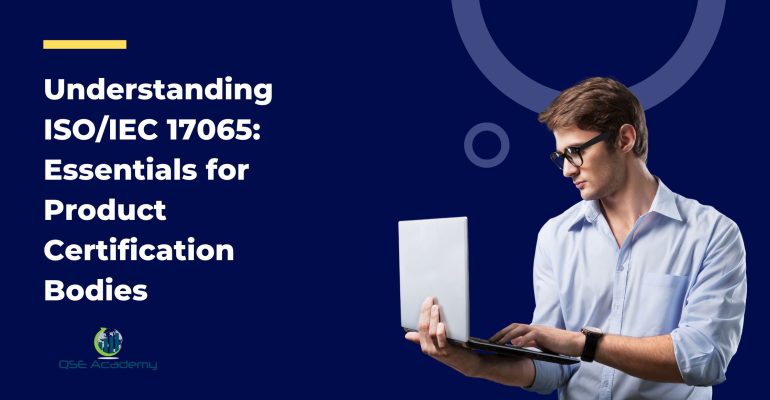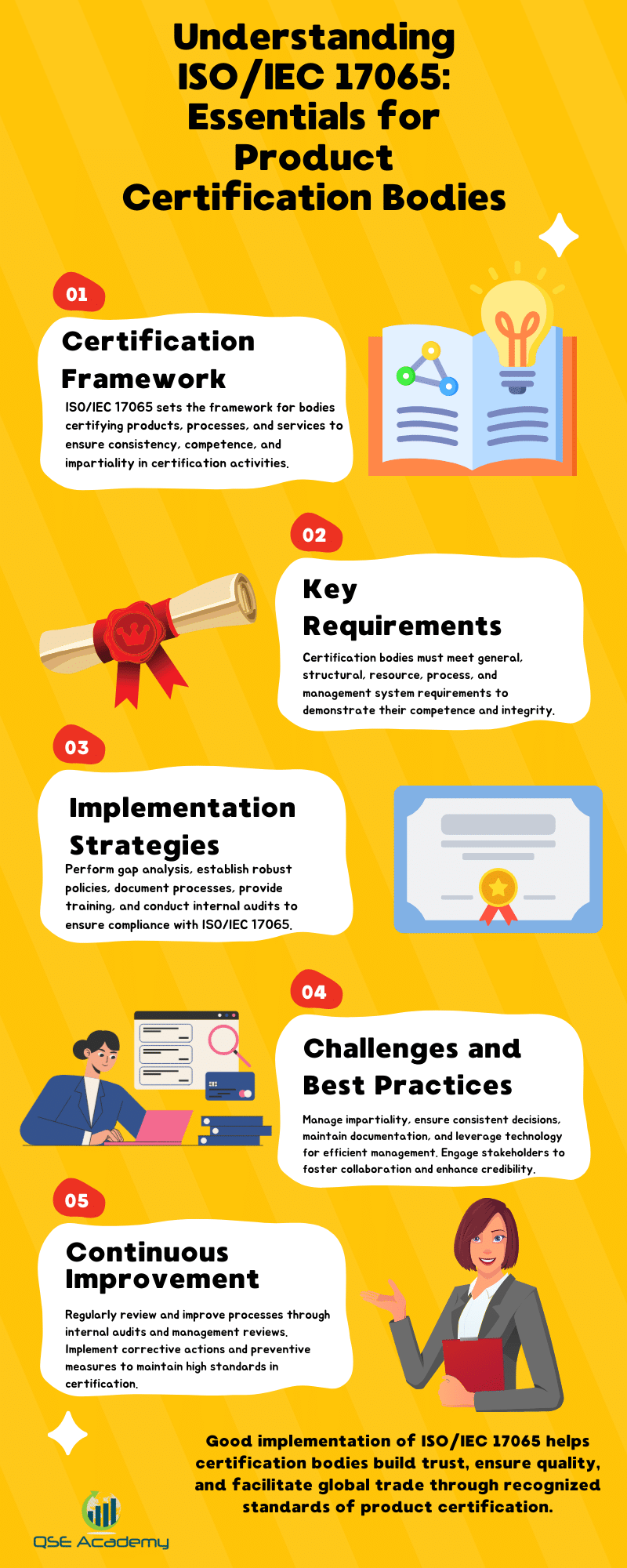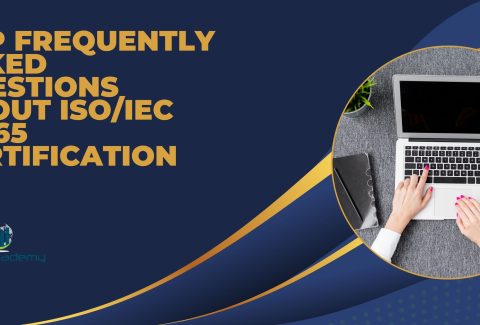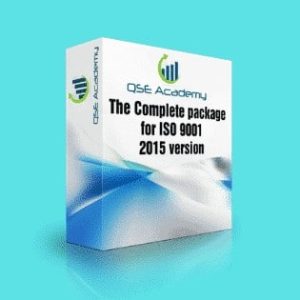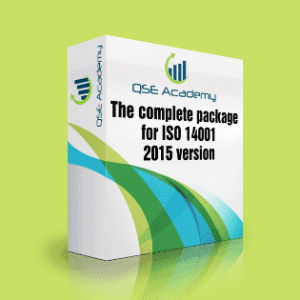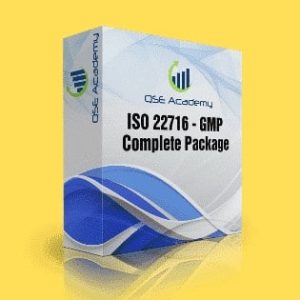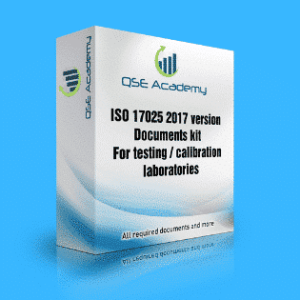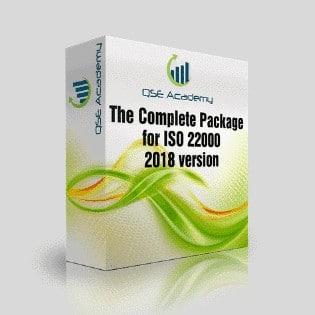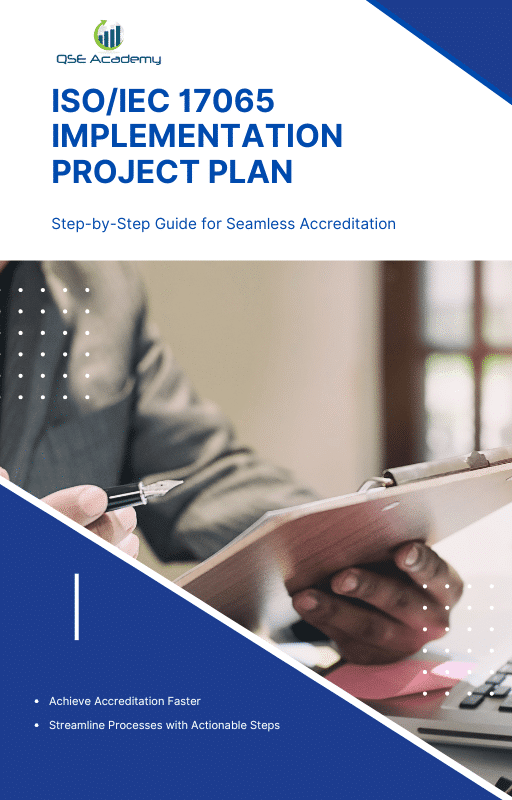Understanding ISO/IEC 17065: Essentials for Product Certification Bodies
In the complex tapestry of global trade, product certification stands as a beacon of trust and standardization. ISO/IEC 17065 architecture constructs the very foundation on which product certification bodies build credibility. Within its framework, the assurance of objectivity and competence is paramount. This article demystifies the intricate elements of ISO/IEC 17065, a keystone for certification bodies that ensure products meet rigorous standards. As we embark on this exploration, we shall uncover the bedrock principles, essential requirements, practical implementation strategies, and navigate through the challenges with seasoned insights, all while learning from real-world exemplars.
Introduktion
ISO/IEC 17065, an international standard, delineates requirements for bodies certifying products, processes, and services. It ensures that such bodies operate in an impartial and consistent manner, enhancing consumer confidence. As a conformity assessment body, an organization adhering to ISO/IEC 17065 possesses formal recognition of technical competence for certification adhering to specific certification schemes.
The scope of ISO/IEC 17065 encompasses all products, processes, and services. Its importance in product certification is magnified as it standardizes the landscape, allowing for mutual recognition across borders and sectors, and dissolving barriers to trade.
Historically, ISO/IEC 17065 evolved from the earlier ISO/IEC Guide 65, established to harmonize certification processes globally. With a rich evolution, it coexists with other conformity assessment standards such as ISO/IEC 17025, which covers calibration laboratories, and ISO/IEC 17020, specifying requirements for the competence of entities conducting inspections.
ISO/IEC 17065 has become a cornerstone in the accreditation process, with accreditation bodies assessing Certification Bodies (CBs) for compliance to ensure both organizational competence and the quality of the certification awarded. This structured framework reaffirms the credibility and reliability inherent in products and services certified under its regime.
Fundamentals of ISO/IEC 17065
ISO/IEC 17065 is a globally recognized international standard specifically designed for certification bodies that carry out the task of certifying products, processes, and services. The main objective of ISO/IEC 17065 is to ensure that these bodies operate in a consistent, comparable, and reliable manner, which in turn safeguards quality and safety in products. By providing a robust framework, the standard seeks to enhance consumer trust and foster market confidence.
Unlike ISO/IEC 17025, which relates to the calibration and testing laboratories, or ISO/IEC 17021, which concerns the requirements for bodies providing audits and certification of management systems, ISO/IEC 17065 focuses exclusively on the process of certifying the end product. This makes its scope unique and critical for product certification.
The roles and responsibilities within the scope of ISO/IEC 17065 are clear and well-defined, encompassing various stakeholders. They include the certification bodies themselves, the accreditation bodies that grant formal recognition of competence, and the clients of certification bodies seeking to have their products certified. Ultimately, the effective implementation of ISO/IEC 17065 ensures that the certification of products is undertaken impartially and competently, instilling confidence throughout the consumer market and various industries globally.
Key Requirements of ISO/IEC 17065
ISO/IEC 17065 is an international standard that outlines requirements for the competence, consistent operation, and impartiality of bodies providing product certification. Certification Bodies (CBs) play a crucial role in ensuring consumer trust and product safety through the issuance of certificates. Compliance with ISO 17065 provides formal recognition of a CB’s ability to carry out certification in a competent, consistent, and impartial manner.
The standard mandates that CBs address various key essentials, which include:
- Allmänna krav: These cover the legal and contractual liabilities of CBs, emphasizing management of impartiality and addressing potential conflicts of interest. Financing and liability issues must be transparent to maintain trust and integrity.
- Strukturella krav: CBs must have a clearly defined organizational structure and management to ensure effective decision-making. Personnel competence and resource management are critical for maintaining technical competence in certification activities.
- Krav på resurser: This includes having competent personnel, proper infrastructure, and facilities. Additionally, the monitoring and evaluation of resources is vital to ensure ongoing operational capacity.
- Krav på processen: CBs should manage a thorough certification process. This encompasses review and evaluation of applications, decisions on certification, as well as surveillance and recertification procedures. The standard also mandates clear processes for handling appeals and complaints.
- Krav på ledningssystem: CBs are required to implement and maintain effective internal audits and management reviews. There should be a robust system for document and record control, and mechanisms for continuous improvement.
By adhering to these essentials, CBs demonstrate their commitment to best practices and earn accreditation from an accreditation body, enhancing credibility within the scope of accreditation and amongst stakeholders.
Implementation Strategies for Certification Bodies
ISO/IEC 17065 sets out the requirements for bodies certifying products, processes, and services. Certification bodies (CBs) aiming to comply with ISO/IEC 17065 must implement robust procedures. To achieve and maintain accreditation, CBs should focus on the following implementation strategies:
Gap Analysis and Initial Assessment:
- Perform Gap Analysis: Critically analyze existing processes against ISO/IEC 17065 requirements.
- Conduct Initial Assessment: Determine the readiness for accreditation and identify areas for improvement.
Developing and Documenting Processes:
- Establish Policies and Procedures: Create comprehensive standard operating procedures (SOPs) aligned with the standard’s criteria.
- Document Certification Process: Ensure the certification process is well-documented to maintain consistency and quality.
Training and Personnel Competence:
- Implement Training Programs: Design and provide training to enhance the skills and knowledge of the staff.
- Create Competence Plans: Develop and maintain a personnel competence plan to ensure ongoing technical competence and reliability.
Internal Audits and Continuous Improvement:
- Genomföra internrevisioner: Regularly audit internal processes to find and address gaps.
- Kontinuerlig förbättring: Implement corrective actions derived from audit findings to achieve and maintain accreditation standards.
Utmaningar och bästa praxis
Common Challenges in ISO/IEC 17065 Implementation
Implementing ISO/IEC 17065, the international standard for the competency of certification bodies, presents specific challenges:
- Managing Impartiality and Conflicts of Interest: Certification bodies must rigorously maintain objectivity and manage any situations that could compromise impartiality.
- Ensuring Consistent and Fair Certification Decisions: The integrity of the certification process depends on uniform decision-making despite varying scenarios and participants.
- Maintaining Up-to-date Documentation and Records: Reliable and accessible records are critical, yet keeping them current can be demanding, especially in dynamic environments.
Bästa praxis för framgångsrik implementering
To surmount these challenges, adopting certain best practices is advisable:
- Establishing a Strong Quality Culture: Develop an organizational climate that prioritizes quality and continuous improvement.
- Leveraging Technology for Efficient Management: Utilize digital solutions to streamline processes, from managing documents to maintaining evidence of technical competence.
- Engaging Stakeholders and Fostering Collaboration: Involve employees, clients, and other stakeholders to create a collaborative approach, enriching the certification scheme’s credibility and relevance.
By confronting these challenges with established best practices, certification bodies can aspire to not only meet ISO/IEC 17065 requirements but also to enhance their service quality and operational efficiency.
Fallstudier och tillämpningar i den verkliga världen
Case Study 1: Electronics Industry Certification Body
An electronics certification body adopted ISO/IEC 17065 to enhance its processes. The process began with a thorough evaluation against the standard’s requirements for competence and consistency in certifying products. They faced issues with maintaining electronic records securely and proving technical competence. By implementing advanced digital solutions and regular staff training, they overcame these problems. Post-implementation, the body achieved formal recognition from a national accreditation body, leading to higher industry trust and a rise in customers seeking certifications.
Case Study 2: Food Industry Certification Body
A food certification body integrated ISO/IEC 17065 into their operations to ensure robust quality management systems within their certification process. They encountered challenges related to the competence of testing and adapting to specific certification schemes. Introducing a tailored accreditation program and enhancing staff expertise were key to facing these challenges. Successful adoption led to improved organizational competence and broadened their scope of accreditation, significantly improving their market reputation and increasing their client base.
Both cases exemplify how adherence to ISO/IEC 17065 can fundamentally improve a certification body’s technical and organizational capacity to perform conformity assessment activities, consequently bolstering their market position.
Slutsats
ISO/IEC 17065 is an international standard that outlines the requirements for bodies certifying products, processes, and services. Adherence to these requirements ensures that certification bodies operate with a high level of technical competence and quality management, enhancing the credibility and formal recognition of the certificates they issue. As industries evolve, the importance of uniform standards like ISO/IEC 17065 becomes even more critical, fostering trust among consumers, regulators, and the international community.
In the future, product certification is likely to see stronger emphasis on elements such as the calibration of laboratories (ISO/IEC 17025), the competence of testing (ISO/IEC 17020:2012 for inspection bodies), and the growing need for electronic records management. The increasing globalization of trade demands consistency and ensures the scope of accreditation meets international benchmarks.
For certification bodies, the continuous alignment with ISO/IEC 17065 and other related standards such as ISO/IEC 17021 (for management system certification) and ISO/IEC 17020 (for inspection bodies) is imperative. It will further qualify them for formal registration by an accreditation service and recognition by a national accreditation body. This ongoing process will maintain the organization’s competence, effectiveness, and integrity in conformity assessment activities, thereby contributing to robust Quality Management Systems and sustainable product certification schemes.
Referenser
For those looking to deep dive into the specifics of ISO/IEC 17065 and understand the essentials for certification bodies, there are several authoritative sources and industry standards that can serve as key points of reference:
- The International Organization for Standardization (ISO) provides the official standard ISO/IEC 17065, which lays out the requirements for bodies certifying products, processes, and services.
- ISO also publishes ISO/IEC 17025, concerning the competence of testing and calibration laboratories, and ISO/IEC 17021, addressing requirements for bodies providing audit and certification of management systems.
- The International Accreditation Forum (IAF) offers guidelines and explanatory documents that are pertinent to the accreditation of conformity assessment bodies.
- National accreditation bodies also furnish guides and resources that detail the accreditation process and the formal recognition of competence.
- ISO/IEC 17020:2012, which specifies requirements for the operation of various types of bodies performing inspection, can also be relevant, particularly where inspection is an intrinsic part of the certification process.
- Sector-specific certification schemes may have additional guidance documents elaborating on the competence requirements for certification of particular products or services.
For further reading and a comprehensive list of references, interested parties should consult the relevant ISO documents and the respective national accreditation body websites to ensure they access the most updated materials.
Tillägg
The implementation of ISO/IEC 17065, the international standard that outlines requirements for bodies certifying products, processes, and services, involves a range of resources and tools. To ensure effective adoption of this standard, templates and checklists serve as essential instruments. They facilitate a structured approach to achieving and demonstrating the required technical competence and quality management as per the standard’s specifications.
For organizations seeking to deepen their understanding or to validate their compliance with ISO/IEC 17065, training and certification programs are invaluable. Such programs offer formal recognition of the organizational competence of certification bodies and contribute to the continuous improvement of their conformity assessment activities.
When considering the implementation of ISO/IEC 17065, the following resources are fundamental:
- Templates for developing procedures that align with the standard’s requirements.
- Checklists to ensure all aspects of the certification scheme and the accreditation process are covered.
- Training programs for staff to comprehend and effectively apply the principles of ISO/IEC 17065.
- Certification programs that qualify a certification body’s adherence to the standard, assuring stakeholders of its capability to perform reliable and valid certifications.
It is worth mentioning that links to these resources should be conveniently accessible to certification bodies seeking to fortify their credibility and operational excellence through ISO/IEC 17065 compliance.
Letar du efter fler resurser om ISO 17065?
Om du tyckte att den här artikeln var till hjälp kan du utforska våra premiumresurser som är utformade för att hjälpa dig att uppnå ISO 17025-certifiering på ett effektivt sätt:
- 📦 Komplett dokumentationspaket för ISO/IEC 17065 2012: Få alla viktiga mallar och dokument du behöver för en snabb och enkel implementering.
- 🎓 Onlinekurs om ISO/IEC 17065 2012 : Delta i vår omfattande utbildning för att lära dig de viktigaste begreppen och de praktiska stegen mot certifiering.
- 📋 Checklista för ISO/IEC 17065 2012: Ladda ner vår detaljerade checklista för att säkerställa att du har täckt varje steg i processen.
Dessa resurser är skräddarsydda för att tillgodose dina behov och säkerställa en smidig certifieringsresa. Utforska dem redan idag och kom ett steg närmare framgång!

